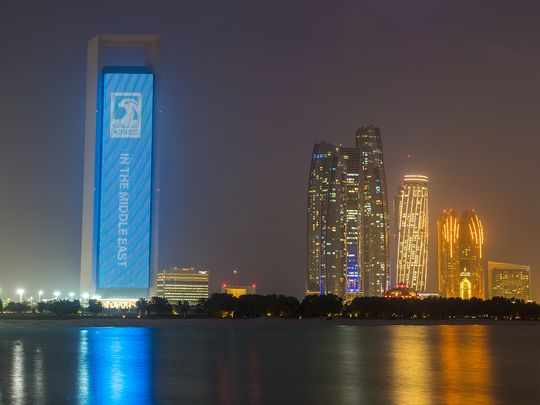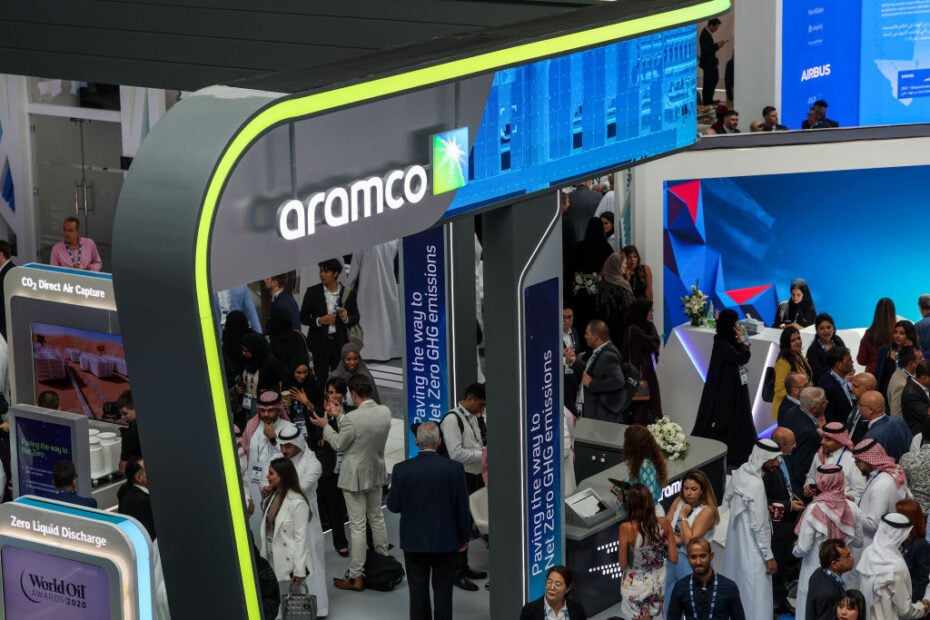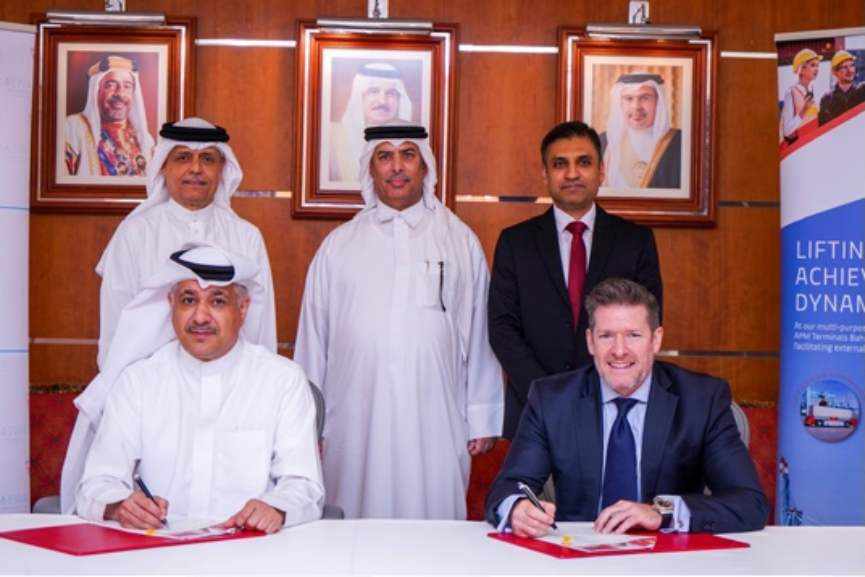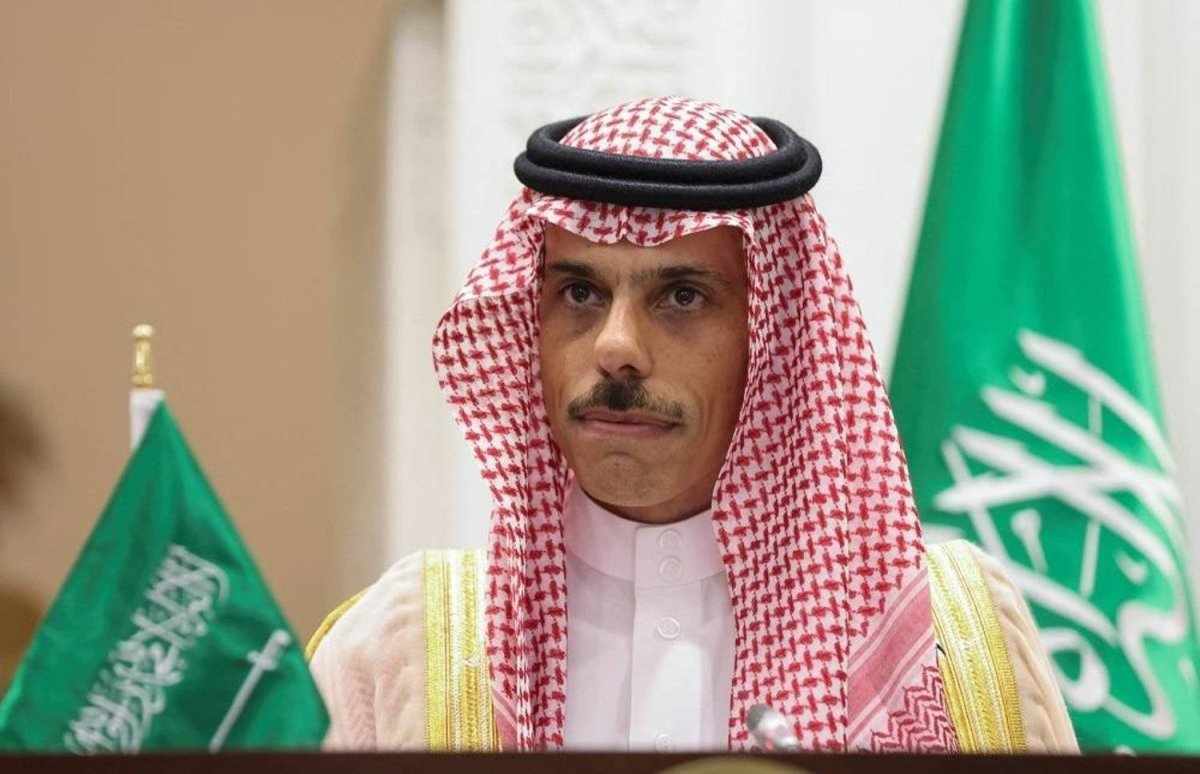How Gulf energy powerhouses are blazing a trail for green industrialization
- Date: 22-Oct-2022
- Source: Arab News
- Sector:Oil & Gas
- Country:Saudi Arabia
How Gulf energy powerhouses are blazing a trail for green industrialization
Rebecca Anne Proctor DUBAI: As the effects of weather variations possibly linked to climate change intensify around the globe, many countries have set goals to reach net-zero carbon emissions by 2050, hoping to prevent Earth from warming 1.5 degrees Celsius above pre-industrial levels. Saudi Arabia, Kuwait, Bahrain, Qatar, the UAE, and Oman — the six countries of the Gulf Cooperation Council — are home to around one-third of the world’s oil reserves and approximately one-fifth of its natural gas reserves. As a strategy for effective climate-change mitigation, the GCC states see themselves as trailblazers of the hydrogen economy by unveiling ambitious plans to supply Europe and the Asia-Pacific region with the low-carbon, environmentally friendly fuel. The UAE and Saudi Arabia have committed themselves to net-zero greenhouse gas emissions by 2050 and 2060, respectively. Bahrain has pledged to meet the same target by 2060. Net zero means that all greenhouse gas emissions produced are counterbalanced by an equal number of emissions that are removed from the atmosphere. Achieving this important goal will require rapid decarbonization. Hydrogen, as a new energy carrier, can play a key role in successfully decarbonizing the most difficult sectors, such as shipping, aviation, steel, and chemicals. Replacing




















